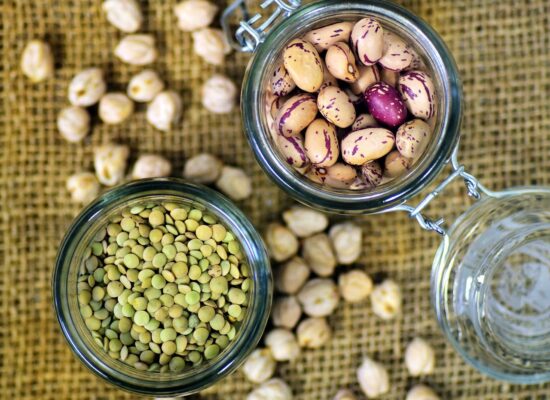What are Histamines?
Histamines are biogenic amines involved in local immune responses, regulating physiological functions in the gut, and acting as a neurotransmitter for the brain, spinal cord, and uterus. Histamine is mediated by one of four receptors. The effects that histamine poses are dependent on the receptor. The histamine is stored in granules within mast cells and once released, causes a variety of physiological processes. The highest concentration of histamine is seen within the gut but is still present throughout the body.
What does it do?
When histamine is released it has a variety of effects on the body including smooth muscle contraction of the lungs, uterus, and stomach, dilating blood vessels, stimulating the secretion of gastric acid in the stomach, increasing blood pressure, and acting as a neurotransmitter to send signals between nerve cells. In addition, it has the very important function of regulating the innate and adaptive immune systems.
Histamine and the gut
It is very clear that an increase of histamine in the gut mucosal cells is associated with an increase in IBS systems and inflammatory bowel diseases. It alters the DC response microbial ligands through the receptor H2R and the administration of the histamine secreting bacteria strain Lactobacillus rhamnosus. The overall result of this phenomenon is the loss of the microbe's immunoregulatory response.
Histamine's role in Inflammatory Bowel Diseases
When mast cells become activated, they secrete histamines. When they secrete a higher amount, in proximity to colonic nerves, it is shown to cause abdominal pain. Many patients who are diagnosed with IBS have a higher level of histamine within their gut, resulting in abnormal bowel habits and abdominal pain.
- Patients with IBD secrete a larger amount of histamine relative to healthy individuals.
- The increased secretion of histamine in patients with IBD indicates that the degranulation of mast cells is important in active IBD.
- Histamine-N-methyltransferase gene expression is reduced in the inflamed mucosa of IBD patients showing that there is a potential for dysregulation metabolism of histamine.
- Histamine plays a protective role in IBD and is crucial for mediating diarrhea and food allergies
Foods high in histamines play a role in their release!
High histamine foods:
- Aged cheeses
- Canned/pickled foods
- Legumes such as soybeans, chickpeas, peanuts, and lentils
- Yogurt
- Bananas
- Strawberries
- Tomatoes
- Pineapple
- Citrus
- Chocolate
Foods that trigger a release:
- Preservatives/dyes
- Nuts
- Tomatoes
- Chocolate
- Wheat
- Citrus
Who should avoid it?
Food should never be avoided unnecessarily. However, if you are an individual with IBS, IBD, histamine intolerance, or allergies, you may benefit from eliminating trigger foods that you notice elicit a response.
Feeling bloated, tired, and brain foggy? Don't know if food is causing an inflammatory response?
How CorePerform helps...
With CorePerform we identify and target specific foods you have trouble absorbing. We work as a team to create the most inclusive diet possible, while simultaneously enhancing your lifestyle. CorePerform captures both dietary and lifestyle changes to create the most optimal outcome.
Source: Smolinska S, Jutel M, Crameri R, O'Mahony L. Histamine and gut mucosal immune regulation. The Canadian Journal of Chemical Engineering.

